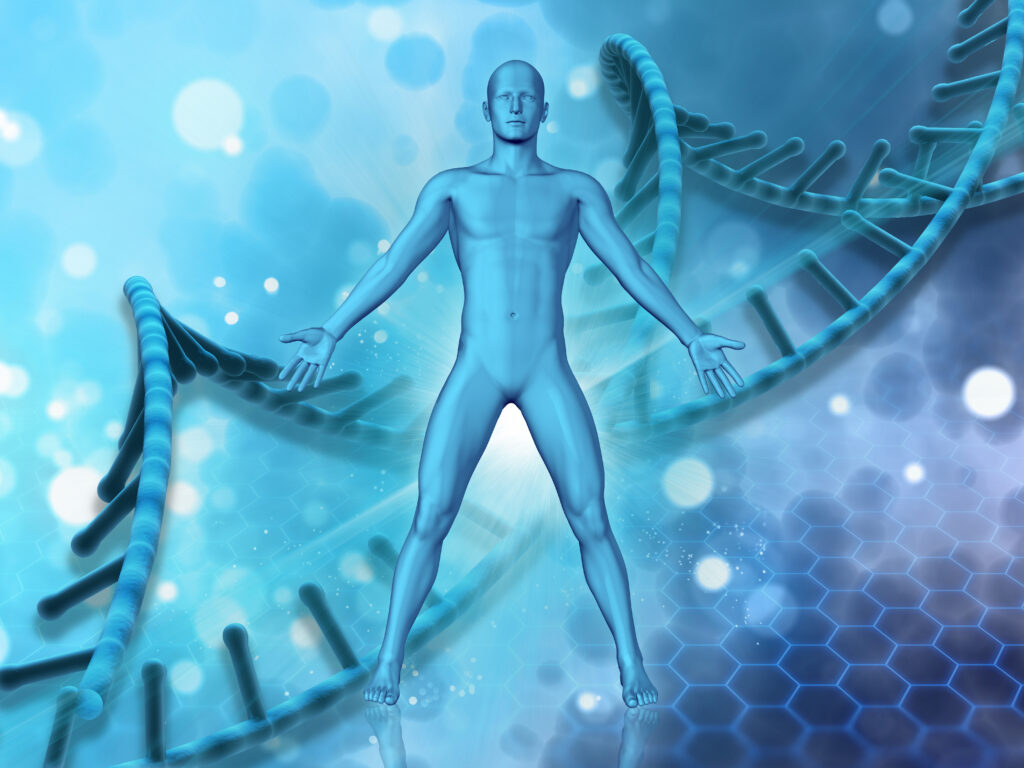In our quest for improved health and well-being, we often come across unconventional ideas and lifestyle choices. One such topic that has gained attention recently is the relationship between sleep habits and hormone levels. Sleeping naked may be helpful in many ways. Specifically, there is growing curiosity around the question: “Does sleeping naked increase testosterone levels?” We will go into this interesting topic in this post, looking at the possible advantages of sleeping naked as well as how it affects the synthesis of testosterone.

The Science of Testosterone
Before we uncover the answer to the question “Does sleeping naked increase testosterone levels?”. We will go into this interesting topic in this post, looking at the possible advantages of sleeping naked as well as how it affects the synthesis of testosterone., let’s start by understanding what testosterone is and its significance. “The Science of Testosterone” is a critical topic that warrants a more detailed explanation. Testosterone is a hormone that plays a key role in the human body, and understanding its scientific aspects is essential to appreciate its significance. Here’s a more comprehensive explanation:
Testosterone also affects the height of a person. It’s important to note that while testosterone is a vital hormone, maintaining the right balance is crucial. Too much or too little testosterone can lead to health issues. Low testosterone levels can result in fatigue, reduced muscle mass, and sexual dysfunction, while excessively high levels can lead to aggression and other health problems.
The Sleep Harmone link

Sleep is a fundamental aspect of our daily lives, and the quality of our sleep can significantly impact our overall health. To discuss the answer to “Does sleeping naked increase testosterone levels?” Research has shown that there is a close relationship between sleep patterns and hormone regulation, including testosterone. Several key factors come into play:
1. Temperature Regulation
Our body temperature naturally decreases during sleep to promote rest and recovery. Sleeping naked can assist in maintaining the ideal body temperature, as excessive heat or cold can disrupt sleep. This, in turn, may positively affect hormone regulation, including testosterone.
2. Improved Sleep Quality
Sleeping without clothes can enhance the quality of your sleep by reducing the risk of overheating and increasing comfort. High-quality, uninterrupted sleep is essential for hormone balance and overall well-being.
3. Decreased Stress Levels
Stress is a known testosterone killer. The comfort and relaxation associated with sleeping naked may help reduce stress, thereby contributing to healthy hormone levels.
4. Enhanced Skin-to-Skin Contact
For couples, sleeping naked can lead to increased skin-to-skin contact. This physical intimacy can trigger the release of oxytocin, the “love hormone,” which can indirectly affect testosterone production and overall well-being.
The Role of Circadian Rhythms
Circadian rhythms, our body’s internal clock, influence hormone secretion, including testosterone. “Does sleeping naked increase testosterone levels?” Let’s discuss the answer to this question in terms of Circadian Rhythms. Sleeping naked may help align your circadian rhythms more effectively, leading to improved hormone regulation. Inconsistent sleep patterns and irregular sleep-wake cycles can disrupt hormonal balance, potentially affecting testosterone levels. Here’s a more detailed explanation of the role of circadian rhythms:
Sleep-Wake Cycle: Circadian rhythms are primarily associated with our sleep-wake cycle. They dictate when we naturally feel awake and when we naturally feel drowsy. This cycle is influenced by external cues, with exposure to light promoting wakefulness and darkness signaling the body to prepare for sleep.
Hormone Regulation: Circadian rhythms have a profound impact on hormone secretion. They affect the timing and release of hormones like cortisol (a stress hormone) and melatonin (a hormone that regulates sleep). For instance, cortisol levels tend to be highest in the morning, helping us wake up and feel alert, and they gradually decrease throughout the day. In contrast, melatonin levels increase in the evening, preparing the body for sleep.
Body Temperature: Body temperature is also influenced by circadian cycles. Our core body temperature fluctuates throughout the day, with the lowest point usually occurring during the early morning hours. This drop in temperature can make us feel naturally more tired and ready for sleep.
Metabolism: The body’s metabolic processes, including digestion and energy expenditure, are regulated by circadian rhythms. Eating at irregular times, especially during the night when the body’s metabolism is naturally slowing down, can disrupt these rhythms and potentially lead to weight gain and other health issues.
Mood and Cognitive Function: Circadian rhythms impact mood and cognitive function. Disrupted circadian rhythms have been linked to mood disorders, such as depression and bipolar disorder, as well as cognitive impairments and decreased alertness.
Immune System Function: The immune system also follows a circadian pattern. Various immune system functions, like the production of immune cells and the release of inflammatory molecules, peak at different times of the day. Disruption of circadian rhythms can compromise immune system function and increase vulnerability to illnesses.
Shift Work and Jet Lag: Shift work, irregular work hours, and jet lag can disrupt circadian rhythms, leading to health issues. For example, individuals who work night shifts often experience sleep disturbances, metabolic problems, and increased risks of chronic diseases.
Impact on Hormone Regulation: Circadian rhythms can influence hormone regulation, including the secretion of hormones like testosterone. In general, testosterone levels are higher in the morning and decrease in the evening. Disruptions to circadian rhythms, such as irregular sleep patterns or night shift work, can affect the natural hormone balance in the body.
The Importance of Ventilation
Proper ventilation is essential for maintaining the health of your reproductive organs. Sleeping without clothing allows for better airflow, reducing the risk of moisture buildup and potential infections. This, in turn, can contribute to healthier testosterone levels.
A Balanced Diet and Exercise
While sleeping naked can have potential benefits, it’s important to remember that it’s just one piece of the puzzle. Maintaining a balanced diet and engaging in regular physical activity are also crucial factors in promoting healthy testosterone levels. Eating a diet rich in nutrients and staying active can complement the advantages of sleeping in the nude.
Does Sleeping Naked Increase Testosterone Levels?-Conclusion
So, does sleeping naked increase testosterone levels? While there is evidence to suggest that it may positively influence hormone regulation and promote better sleep quality, it’s important to recognize that individual results may vary. The relationship between sleep habits and testosterone production is multifaceted, and it’s just one aspect of maintaining a healthy lifestyle.
Incorporating good sleep hygiene, a balanced diet, regular exercise, and stress management into your daily routine can collectively contribute to optimal hormone levels. Ultimately, the choice of whether or not to sleep naked should be based on personal comfort and preferences, with an awareness of its potential health benefits. A holistic approach to well-being, encompassing various factors, is key to achieving and maintaining healthy testosterone levels.
So, if you’re considering making the switch to sleeping in the buff, give it a try and observe how it affects your sleep quality and overall well-being. Remember that a combination of positive lifestyle choices will likely have the most significant impact on your testosterone levels and your overall health. Sweet dreams!